LIVING WATERS
The Mei HaShiloach
LIVING WATERS
The Mei HaShiloach
A COMMENTARY ON THE TORAH BY RABBI MORDECHAI YOSEF OF ISBITZA
translated and edited by
BETSALEL PHILIP EDWARDS

A JASON ARONSON BOOK
ROWMAN & LITTLEFIELD PUBLISHERS, INC.
Published in the United States of America
by Rowman & Littlefield Publishers, Inc.
A wholly owned subsidiary of The Rowman & Littlefield Publishing Group, Inc.
4501 Forbes Boulevard, Suite 200, Lanham, Maryland 20706
www.rowmanlittlefield.com
PO Box 317, Oxford, OX2 9RU, UK
Copyright 2001 by Betsalel Philip Edwards
First Rowman & Littlefield Edition 2004
All rights reserved. No part of this publication may be reproduced, stored in a retrieval system, or transmitted in any form or by any means, electronic, mechanical, photocopying, recording, or otherwise, without the prior permission of the publisher.
British Library Cataloguing in Publication Information Available
Library of Congress Cataloging-in-Publication Data
Leiner, Mordecia Joseph, 18001854.
[Me ha-Shiloah. Selections. English]
Living watersthe Mei HaShiloach: a commentary on the Torah / by Rabbi Mordechai Yosef of Isbitza, translated and edited by Betsalel Philip Edwards.
p. cm.
Includes index.
ISBN 0-7657-6147-5 ISBN: 978-0-7657-6147-7
1. Bible. O.T. PentateuchCommentaries. 2. Hasidism. I. Edwards, Betsalel Philip. II. Title
BS1225.L423 2001
2221077dc21 00-035538
Printed in the United States of America
 The paper used in this publication meets the minimum requirements of American National Standard for Information SciencesPermanence of Paper for Printed Library Materials, ANSI/NISO Z39.48-1992.
The paper used in this publication meets the minimum requirements of American National Standard for Information SciencesPermanence of Paper for Printed Library Materials, ANSI/NISO Z39.48-1992.
CONTENTS
TRANSLATORS INTRODUCTION
Here is one version of the story. The Rebbes class would begin at midnight by wrestling with revealed matters in a passage of the Talmud. By the morning light the discourse reached the secret of the furnace that powers the universe. In their discussion they arrived at the fundamental point: How does one arrive at the knowledge of the will of God through the actions of man, and at the revelation of Gods presence through the study of the Torah and the fulfillment of its commandments?
Reb Tsadok stayed to discuss the lesson with the Rebbe of Isbitza after the class. The Mei HaShiloach suddenly broke off the discussion of the lesson, turned to Reb Tsadok and said: Here we are, involved in the study of this passage of Talmud according to our own minds and wills, as if the very law that we are discussing is our own wisdom. At the same time we are saying from our own understanding that the Torah is the blessed Gods, and hidden within it is His very will, may He be blessed, in a way that through the process of Torah study we may merit to know the will of the blessed God at every moment, at every second. Together with this we may then feel the presence of the Shechina, which rests everywhere. Our sole objective is to ask: What in our study this evening has shown us the will of the Holy One, blessed be He, and what of it can proclaim the glory of heaven to the world? What of it can we use to fulfill our obligation to sanctify and love the Name of God in the world? In hearing the words from the mouth of the Mei HaShiloach, dread descended on Reb Tsadoks heart, and he began to tremble in his entire being. He asked the Rebbe:
How can we understand the will of the Creator?
By means of the study of Torah! answered the Mei HaShiloach. He continued, A man who studies Torah must feel as if his feet are standing at the foot of Mount Sinai and he is hearing the Torah from the very mouth of the All Powerful. Then he knows that it is His blessed will.
Reb Tsadok stood for a while, immersed in his thoughts. Days later, he would say of this conversation, I felt as if he had placed burning coals on my heart.
As a result of this meeting, Reb Tsadok then became one of the principal students and hasidim of the Rebbe of Isbitza and his way, so remaining for the rest of his life.
Many years later, it is told that in Reb Tsadoks old age, the famous genius Rabbi Yosef Rojin, the Illui of Rogatchoff, visited the house of Reb Tsadok in order to engage the Cohen in pilpul, heated discourse in the law. Reb Tsadok said, Your honor would like to know if I am a scholar. How will God be glorified in any way from this? This is not the reason why the sages of the great assembly instituted the blessing, Blessed is God who grants man wisdom. In my youth, I too was involved in such pilpul over the law, but I arrived at the understanding that the only way to achieve knowledge of the Torah is through the gates of hasidism which the holy Baal Shem Tov had opened for us.
Who was Reb Mordechai Yosef of Isbitza, and how did he arrive at the revolutionary conception of the Torah found in his teachings? He was born in the town of Tomashov in Poland in 1800 (5560) to a rabbinic family. The introduction to the Beit Yaakov, the teachings of his son, traces the familys lineage, each generation a leader of his community, back to Reb Moshe Issralis, the Ramo, and thus further to Rabbi Shlomo Yitchaki, Rashi, the leading medieval Torah commentator. Rashi then connects his lineage back to David haMelech. But as always, the fame of his family is not important. We are concerned with who he was. He grew up together with Rabbi Menachem Mendel Morgenstern, later to become the Kotsker Rebbe. The two were childhood friends and together were students and hasidim of Reb Simcha Bunem of Pshiske. It was from the Rebbe of Pshiske, the famous disciple of Yaakov Yitschak Horowitz, the Seer of Lublin, that the two received from the wellsprings of the teachings of Rabbi Israel, the Baal Shem Tov, the founder of the hasidic movement.
In the introduction of the second volume of the Mei HaShiloach, it is told that when the young Reb Mordechai Yosef first met his teacher, Reb Simcha Bunem, the teacher said to him, almost joking, come, let This is reminiscent of the verse in Kohollet, It is deep, exceedingly deep, and who can fathom it?
When the Pshisker left this world, Reb Menachem Mendel became his successor, moving the center of operations to the town of Kotsk. Here in Kotsk, Mordechai Yosef, already his friend and study partner, became his disciple. There is much to say of this period, but it will not be said here. After some time the Kotsker closed himself in his room adjacent to the house of study, and there remained for the next twenty years until his death. When he would occasionally appear in his doorway, it was as the revelation of a Holy Seraph of God. In short, Mordechai Yosef objected to the Kotskers self-imposed confinement, and left for the town of Isbitza, taking ninety percent of the Kotsker hasidim along with him. How many Jews remained in Kotsk? A minyan (ten). He then sent a message back to Menachem Mendel, saying, I promise to pay you back with children and grandchildren until the coming of the Messiah. Of this whole period, you will hear different versions depending on whether if comes from Kotsk family history or Isbitza family history. The version of Isbitza follows in the next section, the introduction from the Dor Yesharim. As a young student in Pshiske, it is told that he basically lived in the house of study, even sleeping there. He would return to visit his family for holidays.
Next page

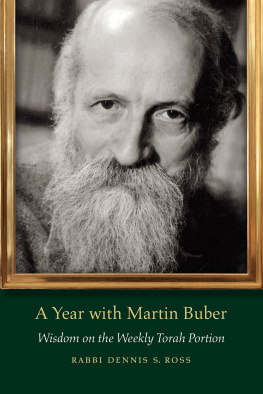
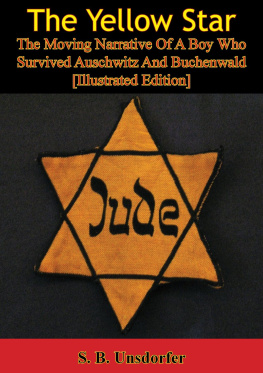
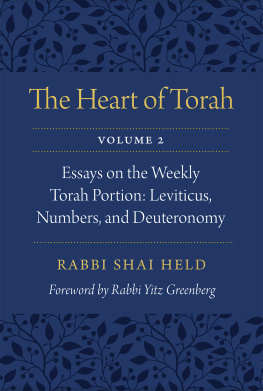
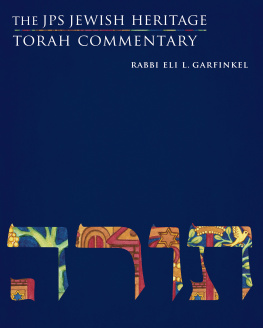
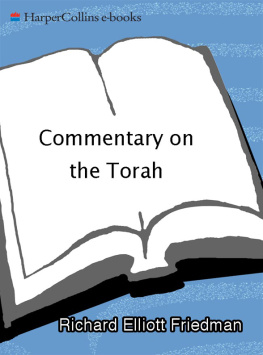
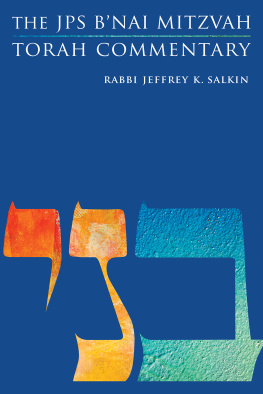
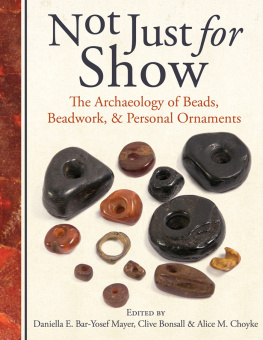
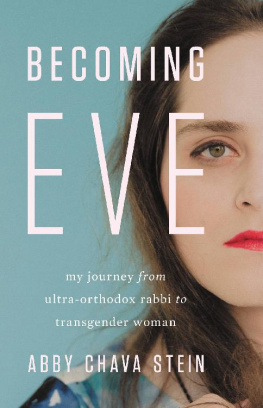
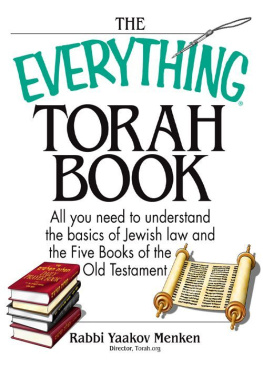

 The paper used in this publication meets the minimum requirements of American National Standard for Information SciencesPermanence of Paper for Printed Library Materials, ANSI/NISO Z39.48-1992.
The paper used in this publication meets the minimum requirements of American National Standard for Information SciencesPermanence of Paper for Printed Library Materials, ANSI/NISO Z39.48-1992.